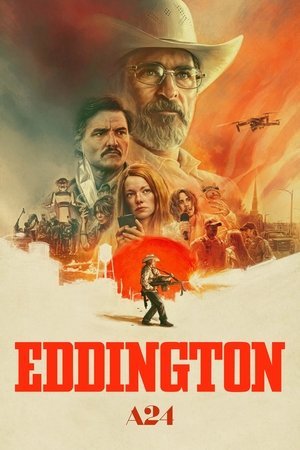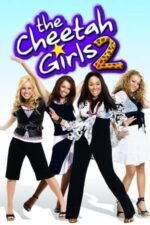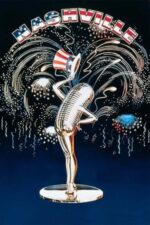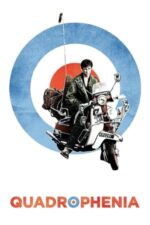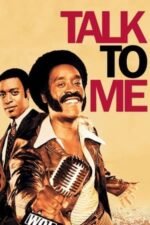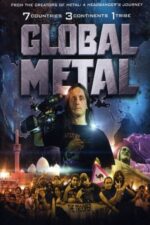More Than Just Music: Exploring the Cinematic World of Festivals
Isn't there something just electric about a festival? Whether it’s the thumping bass of a massive electronic gathering or the gentle strumming of banjos at a traditional music event, that collective energy is palpable. And filmmakers have long recognized this – festivals aren’t just backdrops; they’re fertile ground for exploring everything from love and loss to societal upheaval and personal identity.
Think about Bobo & Bibi in Miami. It's pure joy, right? But beyond the adorable sloth DJ and his partner’s adventures, it captures that feeling of belonging you get at a festival – the shared experience, the sense of community built around a love for something specific. It reminds me of my first music festival - I was completely overwhelmed by the sheer number of people, but also instantly connected to everyone through our shared excitement for the bands playing!
Of course, festivals aren’t always sunshine and good vibes. Trainwreck: The Astroworld Tragedy is a stark reminder of that. It's a devastating film, yes, but it forces us to confront the responsibility we have – as organizers, attendees, and a society – when these massive gatherings happen. It highlights how easily joy can turn to tragedy if safety isn’t prioritized. That kind of sobering reality check is something cinema does so well: holding a mirror up to ourselves.
Then you've got films like Our 30-Minute Sessions, which uses the framework of a music festival – or, rather, the memory of one and its associated cassette tape – to explore grief, connection, and second chances. The urgency of their mission, fueled by Aki’s brief return, is incredibly moving. It's a beautiful example of how music can transcend loss and bridge divides.
And let's not forget the sheer energy captured in 1991: The Year Punk Broke. That film isn’t just about Sonic Youth and Nirvana; it’s about a moment in time, a cultural shift fueled by raw talent and a DIY ethos that felt revolutionary. It’s like stepping into a photograph of a generation defining itself through music. Quadrophenia, too, uses the Mod scene as a lens to examine youthful rebellion and the search for identity – the festival atmosphere is almost a metaphor for finding your tribe.
Ultimately, these films show us that festivals are more than just events; they're reflections of our hopes, fears, and desires. They’re places where we can lose ourselves in music, find connection with others, and sometimes, confront uncomfortable truths about the world around us. So next time you’re scrolling through options for a movie night, consider something that takes you to a festival – you might be surprised by what you discover.



















